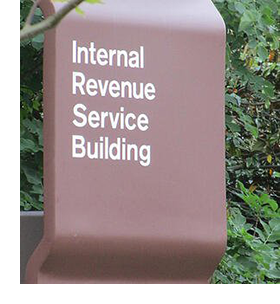The Treasury Department and Internal Revenue Service announced the federal income tax filing due date for individuals for the 2020 tax year has been pushed to May 17.
The IRS will be providing formal guidance in the coming days. However, individual taxpayers do not need to file any forms or call the IRS to qualify for the new federal tax filing and payment deadline.







